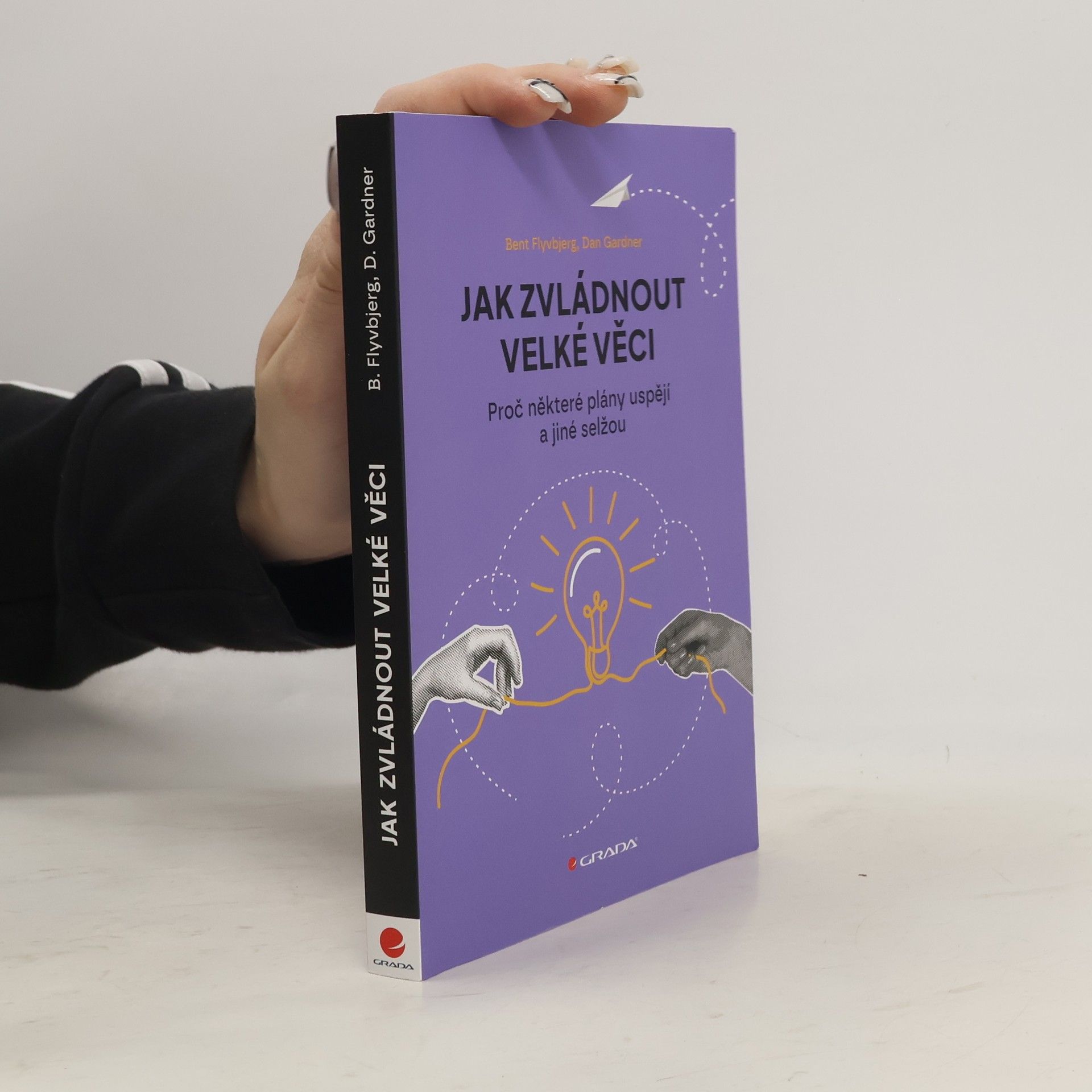Nothing is more inspiring than a big vision that becomes a triumphant, new reality. Think of how the Empire State Building went from a sketch to the jewel of New York's skyline in twenty-one months, or how Apple's iPod went from a project with a single employee to a product launch in eleven months. These are wonderful stories. But most of the time big visions turn into nightmares. Remember Boston's "Big Dig"? Almost every sizeable city in the world has such a fiasco in its backyard. In fact, no less than 92% of megaprojects come in over budget or over schedule, or both. The cost of California's high-speed rail project soared from $33 billion to $100 billon-and won't even go where promised. More modest endeavors, whether launching a small business, organizing a conference, or just finishing a work project on time, also commonly fail. Why? Understanding what distinguishes the triumphs from the failures has been the life's work of Oxford professor Bent Flyvbjerg, dubbed "the world's leading megaproject expert." In How Big Things Get Done, he identifies the errors in judgment and decision-making that lead projects, both big and small, to fail, and the research-based principles that will make you succeed with yours.[Bokinfo].
Dan Gardner Livres
Dan Gardner est un journaliste, auteur et conférencier qui explore en profondeur la psychologie et les mécanismes de la prise de décision humaine. Ses travaux examinent pourquoi nous craignons les mauvaises choses et surestimons les prédictions d'experts, révélant comment les processus psychologiques et sociaux influencent notre perception du risque. Le style captivant et l'analyse incisive de Gardner en font une voix importante pour comprendre le comportement et les choix humains.

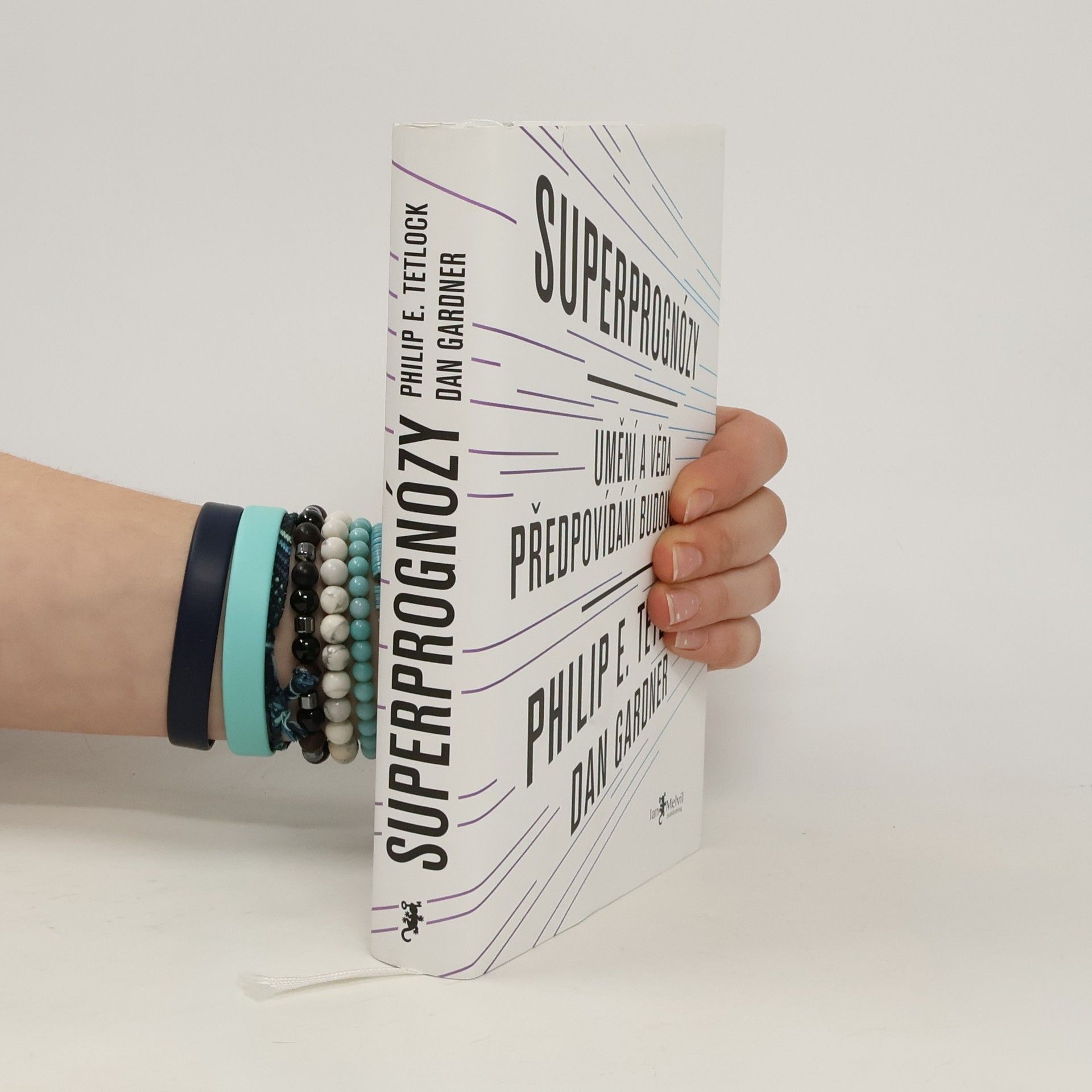
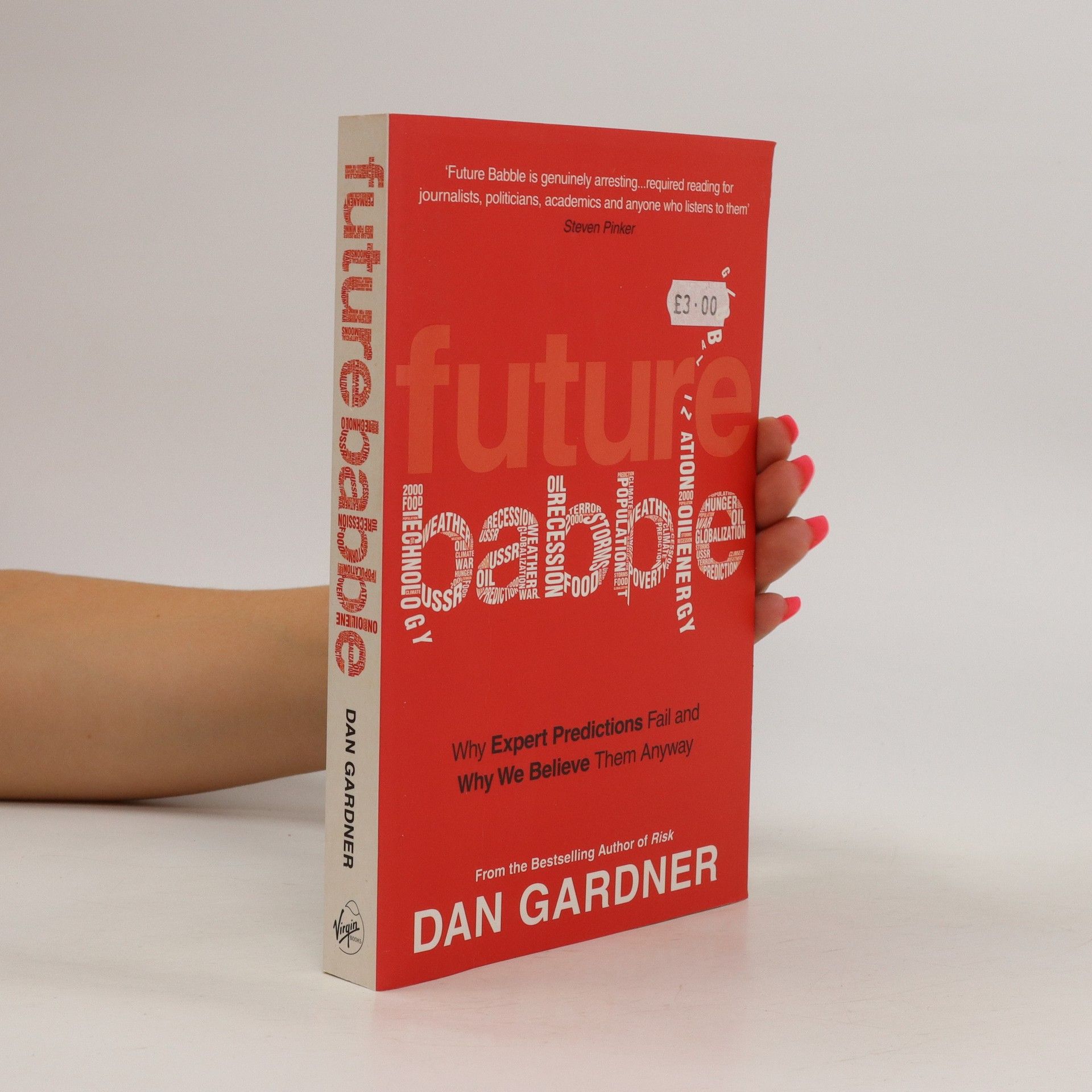
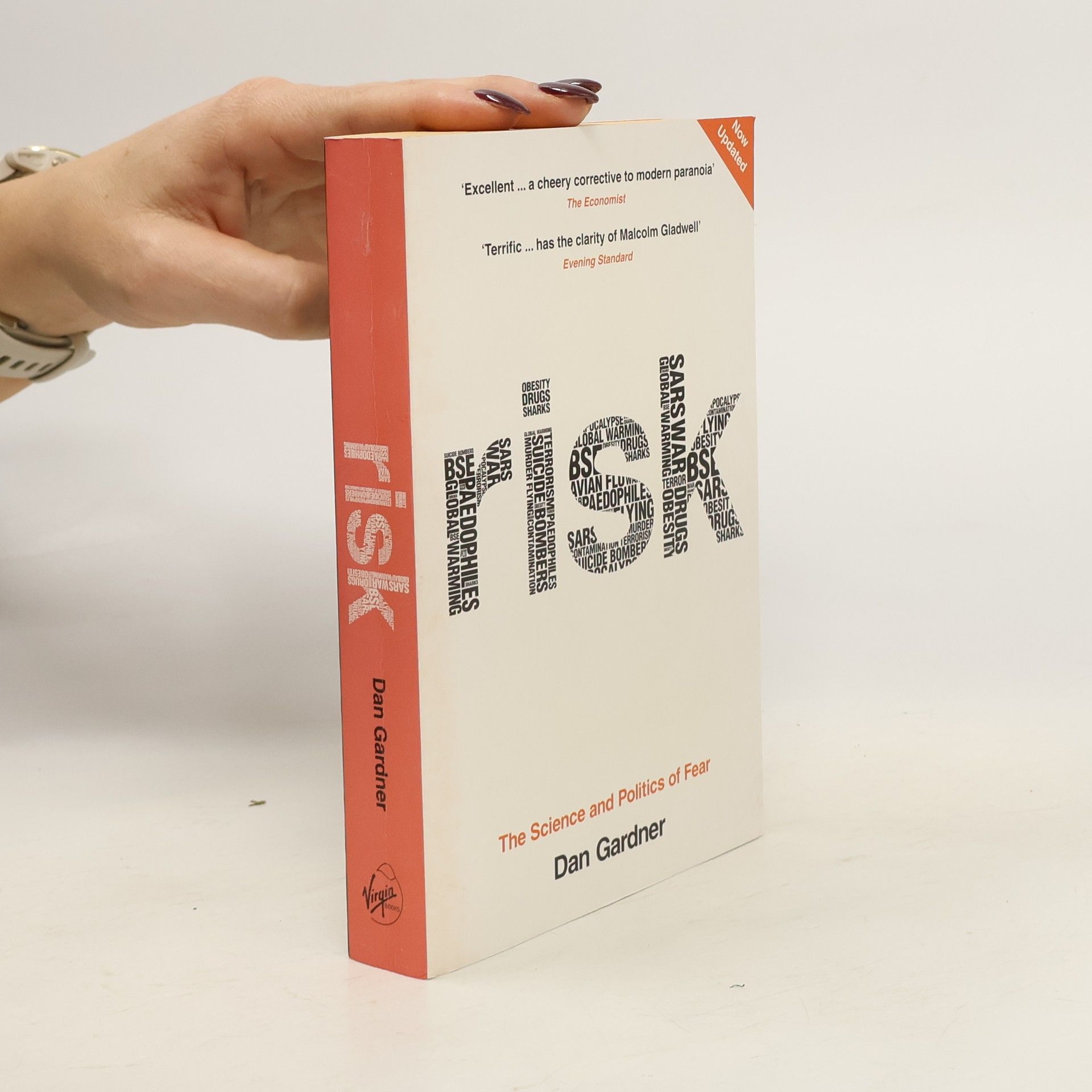
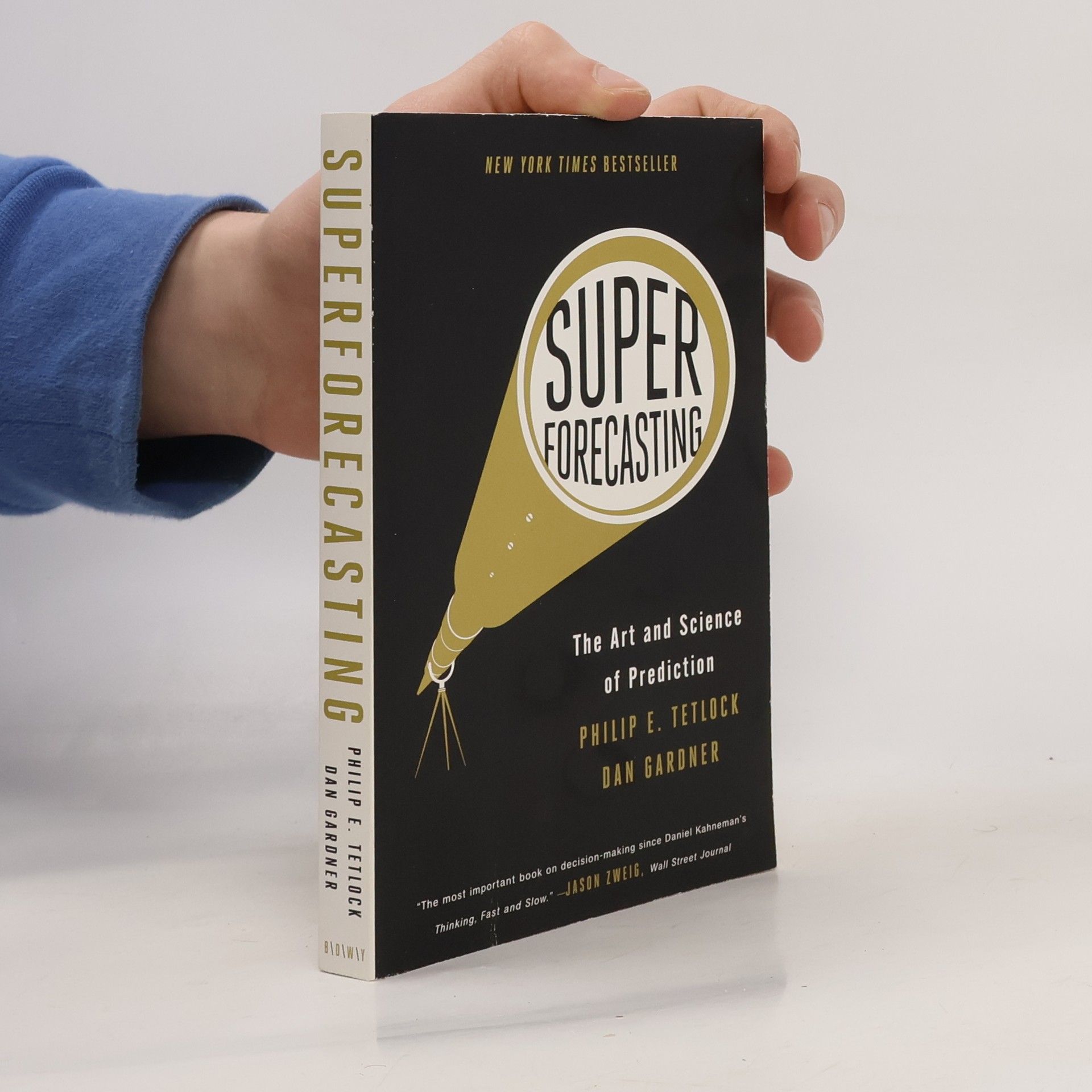
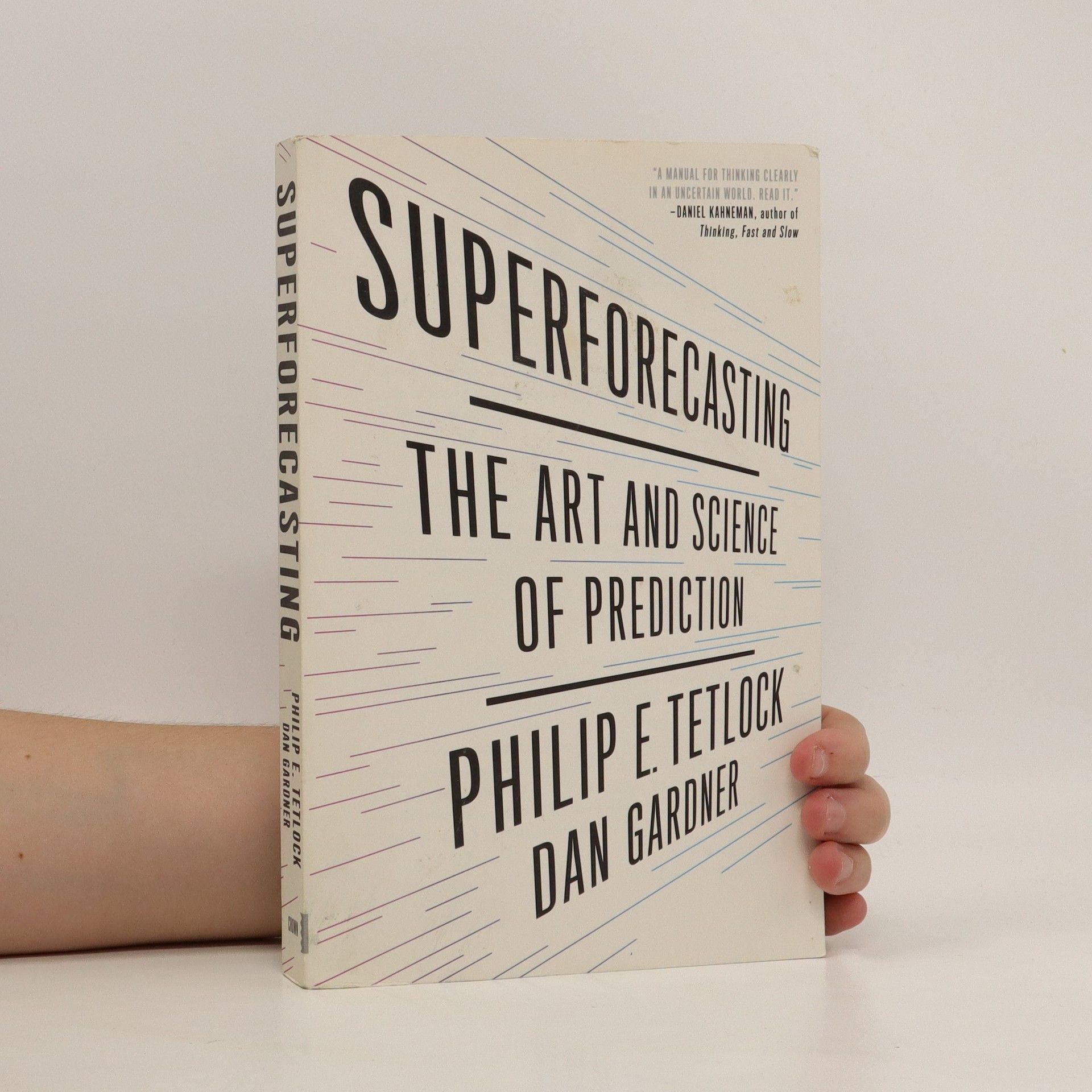
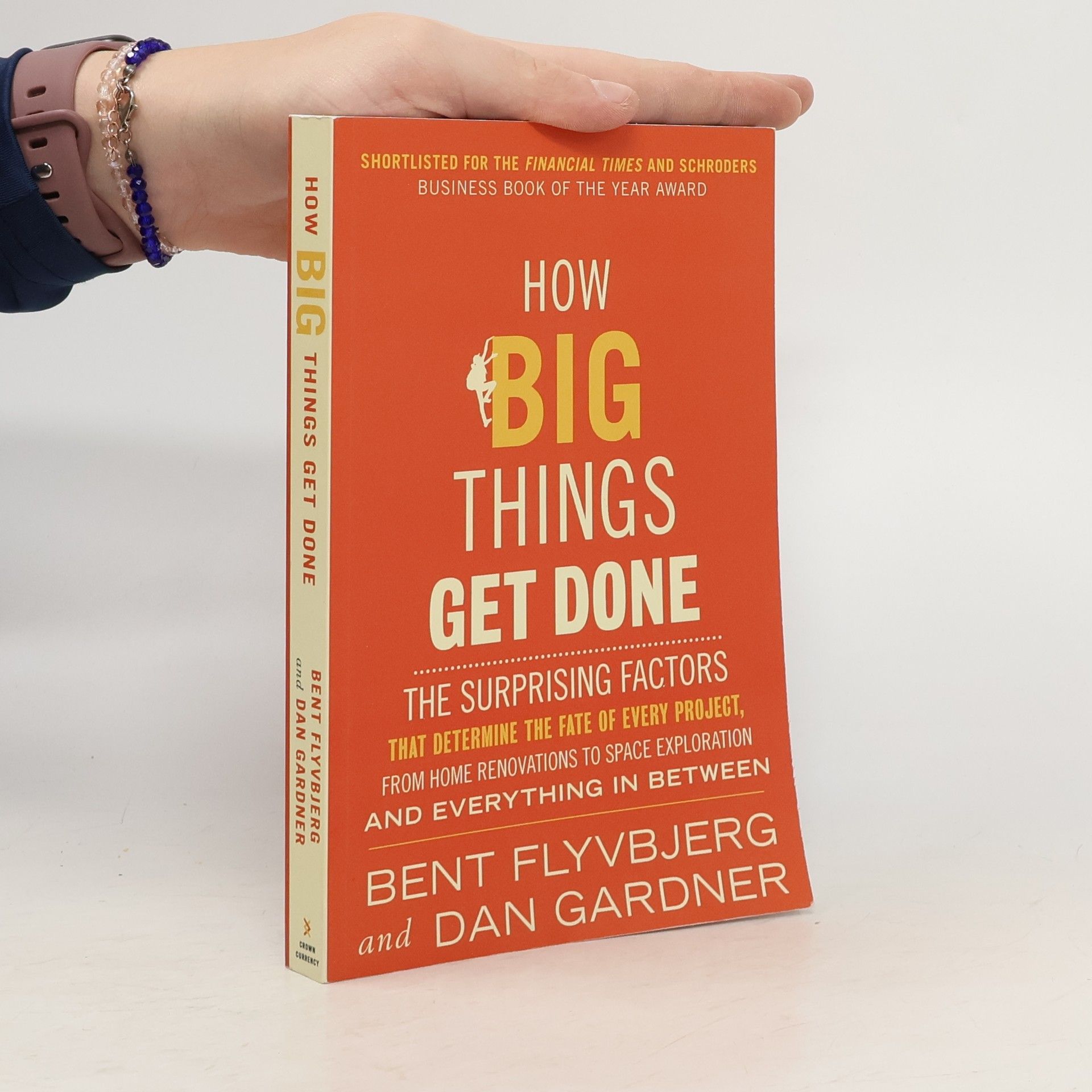
Everyone would benefit from better foresight, whether in finance, policy-making, or daily planning. However, people often struggle with accurate predictions. A landmark study by Wharton professor Philip Tetlock revealed that even experts' forecasts are only marginally better than chance. Yet, some experts possess genuine foresight, prompting Tetlock to explore the reasons behind this talent and whether it can be taught. In collaboration with Dan Gardner, Tetlock presents a comprehensive examination of prediction, drawing on extensive research and a large-scale forecasting tournament called the Good Judgment Project. This initiative involved thousands of ordinary individuals, including a filmmaker and a retired pipe installer, who successfully forecasted global events, outperforming benchmarks and even intelligence analysts with classified information. These exceptional forecasters, termed 'superforecasters,' demonstrate that effective prediction doesn't rely on advanced technology but on gathering diverse evidence, thinking probabilistically, collaborating, tracking performance, and embracing errors. Through compelling stories of both successful and failed forecasts, along with insights from prominent decision-makers, the authors reveal practical strategies for enhancing our predictive abilities across various domains, making this work a valuable resource for anyone seeking to improve their foresight.
Superforecasting
- 352pages
- 13 heures de lecture
From a leading social scientist comes a transformative exploration of the habits that enhance predictive abilities. Everyone can benefit from improved foresight, whether in investing, policy-making, or everyday planning. Yet, people are often poor at forecasting. A pivotal study by Wharton professor Philip Tetlock revealed that even experts perform only slightly better than chance. However, some experts excel at predictions, prompting Tetlock to investigate why. In collaboration with Dan Gardner, he presents a comprehensive analysis of prediction, drawing from extensive research and a significant forecasting tournament known as the Good Judgment Project. This initiative involved thousands of ordinary individuals, including a filmmaker and a retired pipe installer, who successfully forecasted global events, outpacing traditional benchmarks and even intelligence analysts with classified access. These individuals are termed "superforecasters." The authors illustrate how we can learn from them by sharing stories of both successful and failed forecasts, alongside insights from prominent decision-makers. They argue that effective forecasting relies on gathering diverse evidence, thinking probabilistically, collaborating, tracking outcomes, and being open to admitting mistakes. This groundbreaking work offers practical strategies to enhance our predictive skills across various domains, positioning itself as a modern classic.
Risk : The Science and Politics of Fear
- 432pages
- 16 heures de lecture
Every day we hear about terrorism, war and apocalypse. But the real risk of these events happening to us is about as likely as winning the lottery. Dan Gardner explains our risk perception through our brain's two simultaneous responses to risk - the ancient 'fight or flight' instinct and the rational, considered response.
Future babble : why expert predictions fail and why we believe them anyway
- 305pages
- 11 heures de lecture
In 2008, as the price of oil surged above $140 a barrel, experts said it would soon hit $200; a few months later it plunged to $30. In 1967, they said the USSR would be the world's fastest-growing economy by 2000, the USSR no longer existed. In 1908, it was pronounced that there would be no more wars in Europe; we all know how that turned out. Face it, experts are about as accurate as dart-throwing monkeys. And yet every day we ask them to predict the future - everything from the weather to the likelihood of a terrorist attack. Future Babble is the first book to examine this phenomenon, showing why our brains yearn for certainty about the future, why we are attracted to those who predict the future confidently, and why it's so easy for us to ignore the trail of outrageously wrong forecasts. In this fast-paced, example- packed, sometimes darkly funny book, Dan Gardner shows how seminal research by professor Philip Tetlock proved that the more famous a pundit is, the more likely they are to be right about as often as a stopped watch. Gardner also draws on current research in cognitive psychology, political science, and behavioral economics to discover something quite reassuring: The future is always uncertain, but the end is not always near.
Superprognózy
Umění a věda předpovídání budoucnosti
Schopnost předpovídat budoucnost by byla pro každého z nás cenná, ať už při investicích, uvádění nových produktů na trh nebo plánování osobních aktivit. Avšak lidé obvykle nejsou dobří prognostici. Profesor Tetlock ve své studii z roku 2005 ukázal, že i odborné předpovědi jsou často jen o něco lepší než náhoda. Někteří lidé však mají výjimečnou schopnost předpovídat budoucnost, a Tetlock se poslední dekádu snažil zjistit, proč tomu tak je a zda se to dá naučit. Tetlock a novinář Dan Gardner přinášejí mistrovské dílo o předpovídání, které vychází z dlouholetého výzkumu a velké prognostické soutěže, kterou podpořila americká vláda. Projekt Dobrý úsudek zapojil desítky tisíc obyčejných lidí, kteří měli za úkol předpovídat světové události. Někteří z nich byli překvapivě úspěšní a překonali nejen ostatní účastníky, ale i akademické experty a analytiky zpravodajských služeb. Autoři ukazují, co se můžeme naučit od těchto „superpředpovídačů“ a přinášejí příběhy úspěšných i neúspěšných předpovědí. Dobrého předpovídání lze dosáhnout sběrem informací z různých zdrojů, pravděpodobnostním uvažováním, týmovou prací a ochotou připustit chybu. Kniha představuje efektivní a vědecky podloženou metodu, jak zlepšit schopnosti předvídat budoucí události v byznysu, politice i každodenním životě.
TRUST
Die 7 Regeln des Vertrauens oder wie man Dinge von Dauer schafft | Der Wikipedia-Gründer über die Prinzipien seines Erfolgs
- 224pages
- 8 heures de lecture
Das erste Buch des Wikipedia-Gründers In einer Zeit, die von Desinformation und einem Vertrauensverlust in Institutionen geprägt ist, steht das Fundament des Vertrauens, das für den Erwerb neuen Wissens unerlässlich ist, auf dem Spiel. Vertrauen ist der Schlüssel zu fairen Wahlen, einer zukunftssicheren Bildung und dem Schutz unseres Klimas. Der renommierte Tech-Visionär Jimmy Wales nimmt uns mit auf eine faszinierende Reise zu den Anfängen von Wikipedia im Jahr 2001. Wales zeigt, wie er mithilfe von sieben Vertrauensregeln eine einzigartige Website geschaffen hat, die auf den Prinzipien von Freiheit, Transparenz und Zugänglichkeit basiert. Diese Website ist inzwischen ein integraler Bestandteil unseres täglichen Lebens und hat den Zugang zu Wissen auf radikale Weise demokratisiert. Anhand der inspirierenden Geschichte von Wikipedia verdeutlicht Jimmy Wales' erstes Buch die entscheidende Bedeutung von Vertrauen und erläutert die Prinzipien, auf denen diese weltweit einzigartige Website basiert . Gleichzeitig zeigt er auf, wie man selbst ein verantwortungsvoller Entscheidungsträger werden kann.
